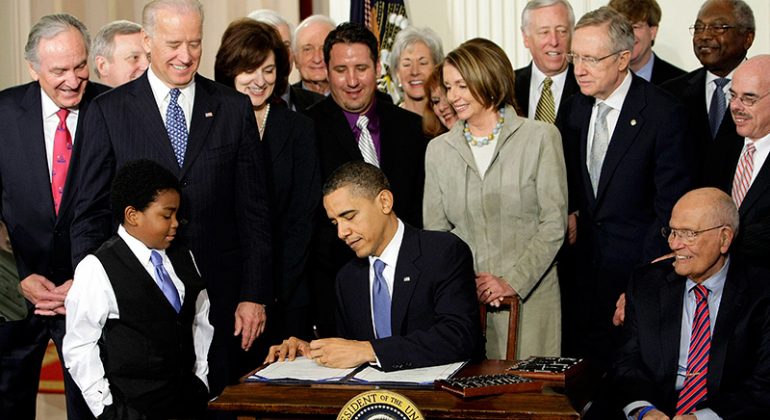The Affordable Care Act, according to many, including the current Republican candidate Donald Trump and the Democratic candidate Hillary Clinton, is no longer making things more affordable for many of those most in need.
The plans for the upcoming year are fewer in options as well as higher in cost. Despite this, President Obama remains behind the law—the Patient Protection and Affordable Care Act—although he does admit it’s not perfect. He and Administration officials insist that the coverage on the exchange will still be affordable for most Americans.
The biggest issue with the changes is that those who most need what is affectionately called ObamaCare will be required to pay more and, possibly, not be able to still see his/her primary due to many doctors no longer involved with the plans. The Administration, however, notes that a high percentage of people—upwards of 60%–with the help of tax credits, will still be able to choose a plan that costs less than $100 a month. But, again, the problem with the exchange is more that the options have decreased, while the costs for these more-limited options have increased. And they’ve increased astronomically.
In Illinois, for the lowest-priced individual bronze plans, rates will increase by an average of 44%; for the silver plans, 45%; gold plans, 55%. For comparison’s sake, higher-level plans (i.e., gold) tend to have higher monthly costs and lower out-of-pocket costs than its lower-level counterparts. That the gold plans have increased the most is positive in that it’s not the opposite—that the lowest-priced ones are saddled with the greatest increase—however, it’s a negative for all involved: Just because one has more money doesn’t mean one wants to spend it any more than one who has less money.
Blue Cross Blue Shield, the only insurer in this upcoming year to offer PPO plans on the Illinois exchange for the upcoming year, said it kept its plan largely the same as the current year due to its want to stabilize the market for the long-term. Many of the insurers who exited the exchange left because of financial struggles. Without the proper tax credits in place, folks will either hold on tight to their employer-based healthcare…or go without. This standstill helps no one—the insured, the healthy, the ill and, especially, the noninsured.
As one of those who will follow President Obama and the current Administration through thick and thin, despite these increases, that these options are available to so many people remains a very good thing. The tax credits and the many resources for assistance that are available—face-to-face and online, including on heathcare.gov, where individuals can enter their income levels to gauge how much a plan will cost post-tax credit, as well as check to see if their preferred hospitals and doctors are in-network according to any particular plan—enables ObamaCare to continue to remain a positive entity.
By Patrick Edwards
N’DIGO Contributor







Great post Brother!!!Very proud of you